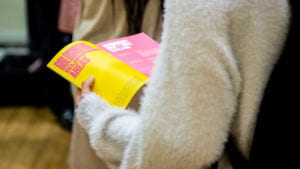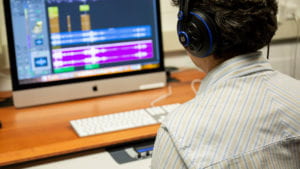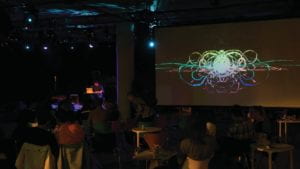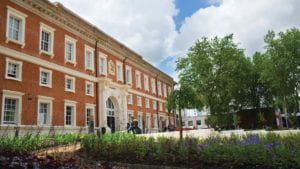The undergraduate application deadline is here! You might be ahead of the game and have submitted your application weeks in advance and already have replies from universities, or you might be cutting it close to the finish, making last minute decisions on what courses to apply for. Either way, the waiting game begins…
What happens next?
If you’ve got your applications in before the 15 January deadline, your universities will give you a decision by 2 May, but these are often received much earlier. As you can imagine, January is an extremely busy time for university admissions teams so don’t worry if you are waiting until February or even March to hear back. Keep an eye on UCAS Track and your email to follow your applications.
When universities do get back to you, you’ll see one of the following in Track:
– Conditional offer: you still have some entry requirements to meet before you can take up a place (these are usually results from current qualifications)
– Unconditional offer: you have met all entry requirements and your place at the university is confirmed (though you may need to show proof of qualifications or for certain courses undergo a Disclosure and Barring Service check)
– Invitation received: you’ve been invited for an interview, audition, or similar (the university will likely contact you via email with details)
– Unsuccessful: you haven’t been accepted (feedback can sometimes be seen in Track or you can contact the university)
– Withdrawn: the university has withdrawn the choice (the reason should be shown in Track or you can contact the university)
Making your decision
Once you’ve heard back from all universities, you’ll be given a deadline to respond to your offers. This is no earlier than the start of May, but may be later if you’ve had to wait a longer time to receive responses from universities. You have these choices to make:
– Firm: this is your first choice of course and university
– Insurance: this is your back-up choice if you don’t meet the requirements of your firm choice
– Decline: all other offers need to be declined
If your firm choice is a conditional offer, you’ll now have to wait for your results and work hard to make sure you meet the requirements. As soon as you have your results, Track will be updated to confirm if you’ve fulfilled the conditions of your offer.
If your firm choice is an unconditional offer, you’re pretty much there. You’ll just need to check if there are any extra requirements from the university (such as DBS checks and proof of qualifications).
Aside from your university application, you’ll need to start thinking about applying for student finance, looking into bursaries and scholarships, and if you need to apply for accommodation. Watch this space for future posts on all of the above. Good luck to you all!

 usic and media-related computing.
usic and media-related computing. ent to the Audio Developer Conference and met a crowd of former students working in industry. Some of them were balancing independent contracts with their own musical careers and some of them were working for their favourite audio companies. I was happy to meet students there from both specializations of the degree, though of course, many who pursue the BMus find other destinations for their talents.
ent to the Audio Developer Conference and met a crowd of former students working in industry. Some of them were balancing independent contracts with their own musical careers and some of them were working for their favourite audio companies. I was happy to meet students there from both specializations of the degree, though of course, many who pursue the BMus find other destinations for their talents.